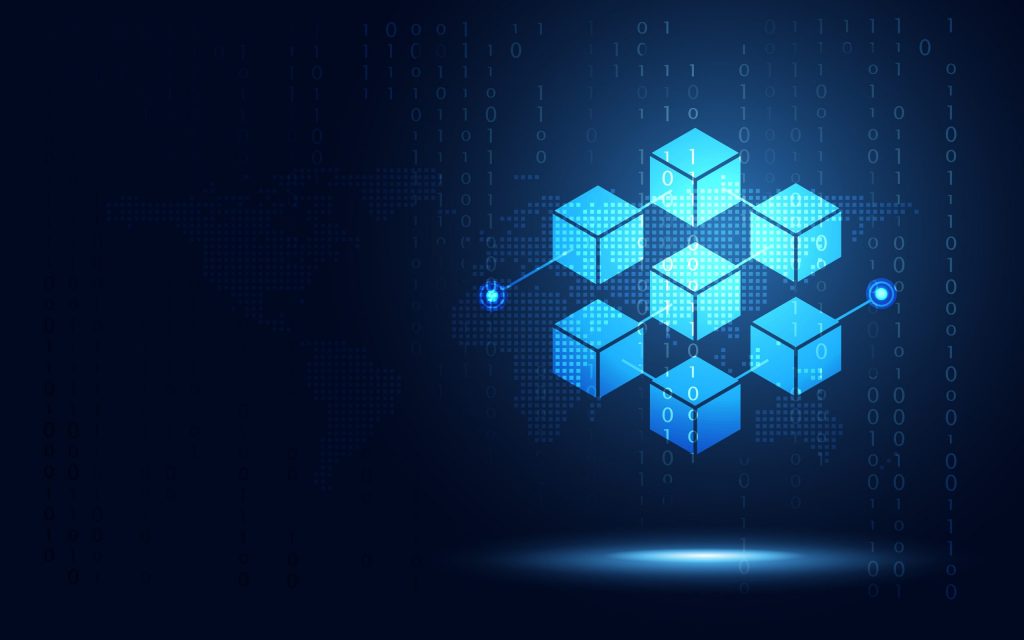
· SingularityNET Foundation is working with IOHK to port a significant portion of the SingularityNET decentralized AI network to Cardano’s blockchain
· The move is driven by the speed and cost issues with the Ethereum blockchain, and the lack of clarity around the Ethereum 2.0 rollout
· Recent developments in Cardano such as the successfully delivery of Shelley, continued decentralization and the recent roll out of Goguen functionality mean that the blockchain is mature enough to port a complex blockchain application like SingularityNET onto it
SingularityNET Foundation and leading blockchain research and development company IOHK, have announced that they are planning to port a significant portion of the SingularityNET decentralized protocol and platform from Ethereum to Cardano.
This would involve providing mechanisms for swapping some of the current (Ethereum-based) ERC-20 AGI tokens to Cardano-based AGI tokens, and also creating analogues of the Solidity smart contracts underlying aspects of the SingularityNET platform using Cardano’s new Plutus smart contract language.
Dr. Ben Goertzel, CEO & Founder of the SinguarityNET Foundation, said: “Current speed and cost issues with the Ethereum blockchain have increased the urgency of exploring alternatives for SingluarityNET’s blockchain underpinning. The ambitious Ethereum 2.0 design holds promise but the timing of rollout of different aspects of this next-generation Ethereum remains unclear, along with many of the practical particulars.“
Cardano’s consensus mechanisms and associated algorithms and structures comprise a unique mix of rigorous theoretical grounding and practical scalability, and have now reached a level of maturity that makes it possible to port a complex blockchain application like SingularityNET to Cardano.
“Cardano’s thoroughly formalized functional programming foundations have potential to provide a rich and flexible basis for implementing advanced aspects of the SingularityNET design — but just as critically, they have strong promise to provide a secure and reliable basis for the network’s operations basic and advanced alike.” continues Dr. Goertzel.
Charles Hoskinson, CEO of IOHK and Cardano founder, added: “Cardano has gone from strength to strength this year, and having the backing of such a prominent organisation only reaffirms this. SingularityNET is a project we’ve followed for a long time, and we’re excited to see how the Cardano blockchain can help SingularityNET realise its ambitious goals.”
Currently the SingularityNET platform is primarily used for hosting relatively simple AI agents that provide practical services directly to end users, e.g. in areas such as image processing, natural language processing, time series analysis, genomics data analysis and more. Through the Android SDK the SingularityNET protocol has been used on the back end of smartphone apps like the recent SongSplitter app that separates vocals from music in audio files.
However, the broader vision of SingularityNET relies on taking things a step further and using the platform to host a rich variety of AIs that outsource work to other AIs, and dynamically collaborate with other AIs to solve problems. The deep technical synergies between the SingularityNET and Cardano designs have potential to accelerate realization of this vision.
Recently, SingularityNET announced the launch of Java SDK to help and encourage developers to create apps based on SingularityNET AI. Available on their Developer Portal, this new functionality allows developers to create a SingularityNET service client in the Java programming language.
SingularityNet is a society of minds created by different people, tools, different AI agents which are collaborating on different problems. SingularityNET lets anyone create, share, and monetize AI services at scale. A truly world’s decentralized AI network. As Ben Goertzel pointed out in a recent interview: “SingularityNET was born from a collective will to distribute the power of AI. Sophia, the world’s most expressive robot, is one of their first use cases. Today, she uses multiple AI modules to see, hear, and respond empathetically. Many of her underlying AI modules will be available open-source on SingularityNET.”

Founder Dinis Guarda
IntelligentHQ Your New Business Network.
IntelligentHQ is a Business network and an expert source for finance, capital markets and intelligence for thousands of global business professionals, startups, and companies.
We exist at the point of intersection between technology, social media, finance and innovation.
IntelligentHQ leverages innovation and scale of social digital technology, analytics, news, and distribution to create an unparalleled, full digital medium and social business networks spectrum.
IntelligentHQ is working hard, to become a trusted, and indispensable source of business news and analytics, within financial services and its associated supply chains and ecosystems









